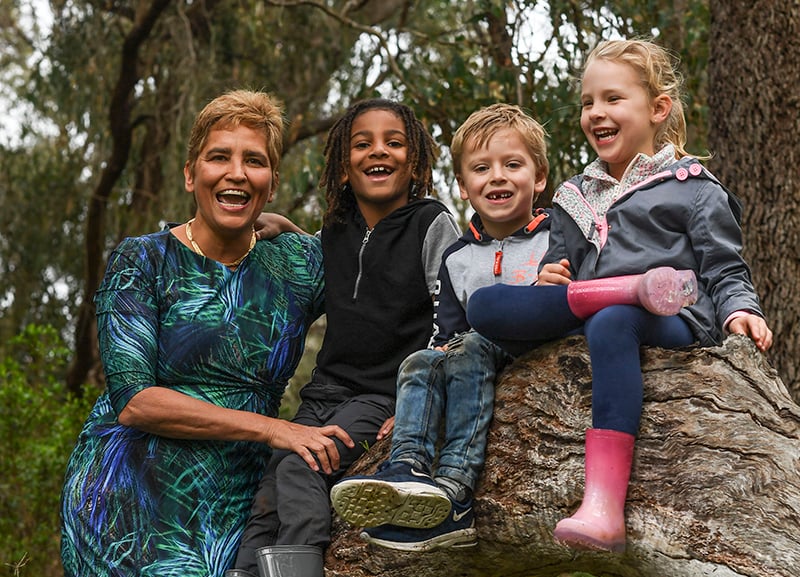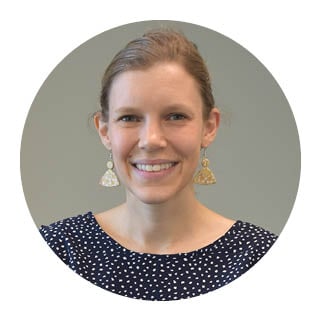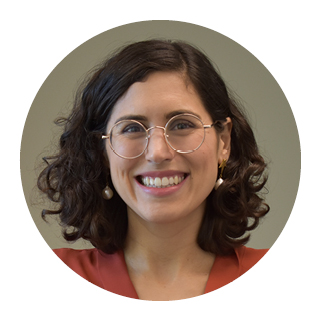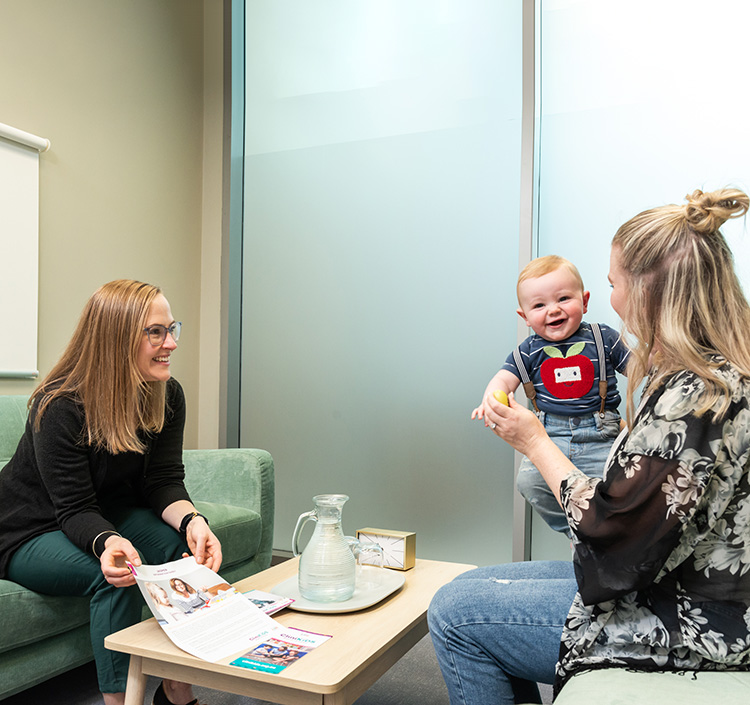Search

News & Events
Autism study helping kids reach their full potentialProfessor Andrew Whitehouse and the Autism team at The Kids are working with Joondalup Health Campus as part of ORIGINS to gain greater insight into how the brain develops in children who have difficulties with language.

News & Events
Back to natureORIGINS is investigating the influence of nature, from pregnancy through the early years of childhood and its impact on later health, as part of the nature relatedness study.

News & Events
Language development: Milestones are a guideWhile learning language is a lifelong journey, the first few years of life are especially important. So how do you know if your child’s language is on track?
Thanks for being part of the ORIGINS Facebook group! See our favourite iron rich recipes below.




The CO-OP approach guides children to independently discover and develop cognitive strategies to perform the necessary tasks of everyday living.

Here you'll find a wealth of information and resources to help support your child.

News & Events
Diagnosis and the ADOS: The essentials parents and clinicians need to knowIn this blog, you can read about one of the most common tools used in the autism diagnostic process – the Autism Diagnostic Observation Schedule.
